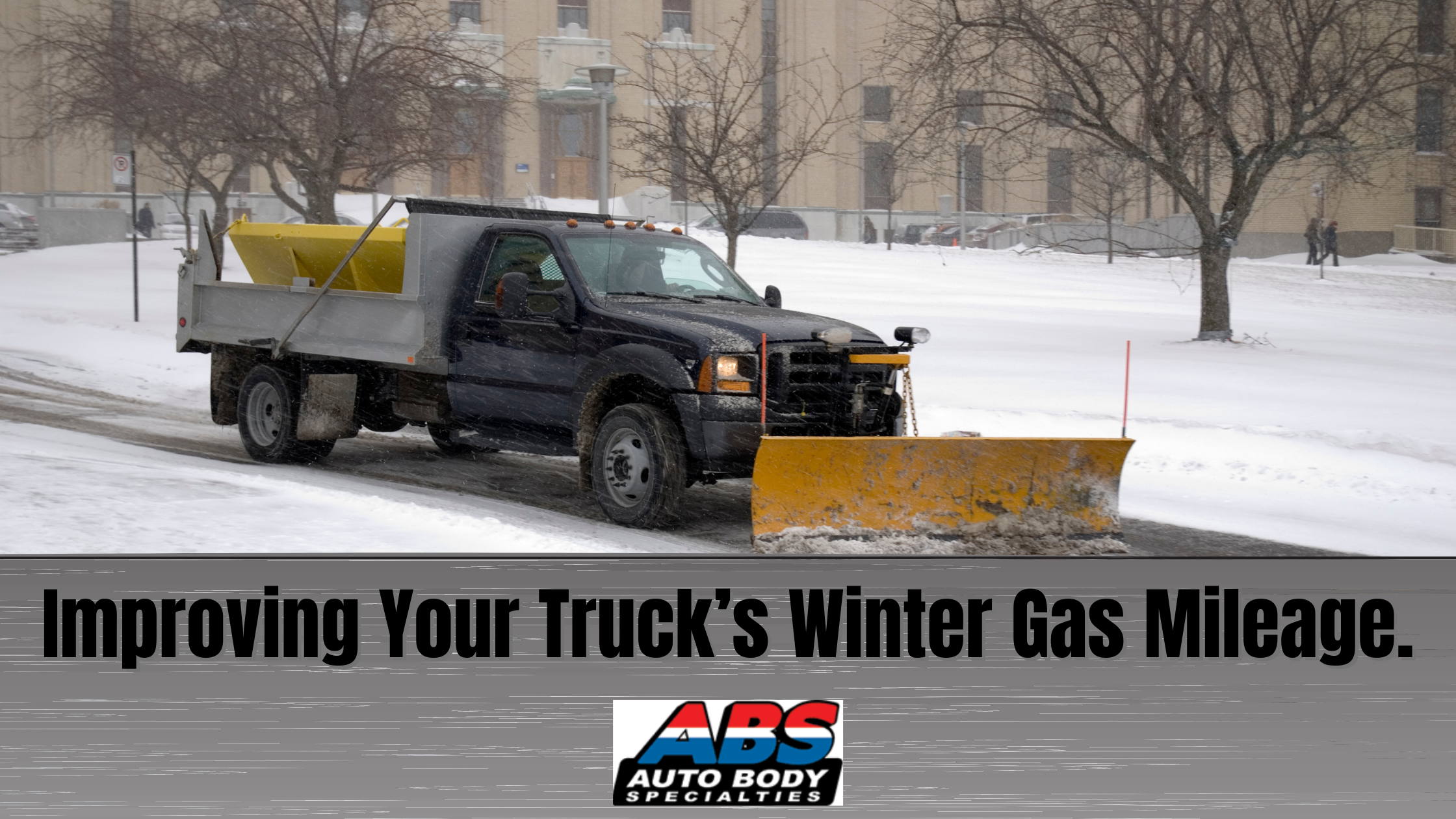
Trucks make excellent vehicles for winter driving. They have four wheel drive for traversing roads in the snow and they also make excellent vehicles to plow with. Their only downside is that trucks can get some pretty terrible gas mileage in colder winter weather. A truck’s engine has to work a lot harder in colder weather and that contributes to bad gas mileage. With winter here and the fact that we have a lot of new customers coming in for truck parts, we wanted to share some tips with you on improving your truck’s winter gas mileage.
Park the truck someplace warm.
If you have the facilities, park the truck someplace warm. A garage or barn will work. If it is heated, that’s even better! If the truck is slightly warmer than outside when you start it up, the engine will have to work less. If you don’t have a place inside to park the truck, placing it next to a building will actually keep it warmer than parking it where it is exposed to the elements.
Don’t let the truck idle.
Though it might be tempting to hit that automatic start button to have the truck on a cold winter day, a truck will actually warm up faster when you drive it. Starting the truck up and begin driving after about 30 seconds. This allows the vehicle to heat up sooner which will reduce emissions and improve your gas mileage.
Regularly check the truck’s tire pressure.
Tire pressure depletes more quickly in colder weather. The lower the tire pressure, the less fuel efficient your vehicle will be. Having properly inflated tires will also improve the handling while driving in snow and ice.
Clean snow and ice off the truck on a regular basis.
A truck bed that is loaded with snow and ice will run far less efficiently. Make sure you clean it out before hitting the road. It is also important to clean ice and snow from the front area of the truck as it can obstruct your vision. Worse, flying snow and ice may hit another car or cause an accident.
Make fewer trips when possible.
A truck’s engine can take longer to reach a fuel efficient temperature. If you’re not using your truck to plow or travel to work, combine errand trips when possible. If you do take the truck to work or have to pick up your kids, do your errands while out. Your engine won’t cool all the way between stops and this means it won’t use as much fuel to heat the engine back up.
 US Dollars
US Dollars
 CANADIAN
CANADIAN
